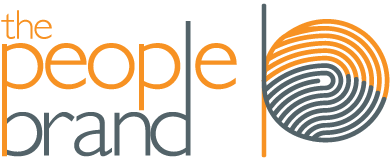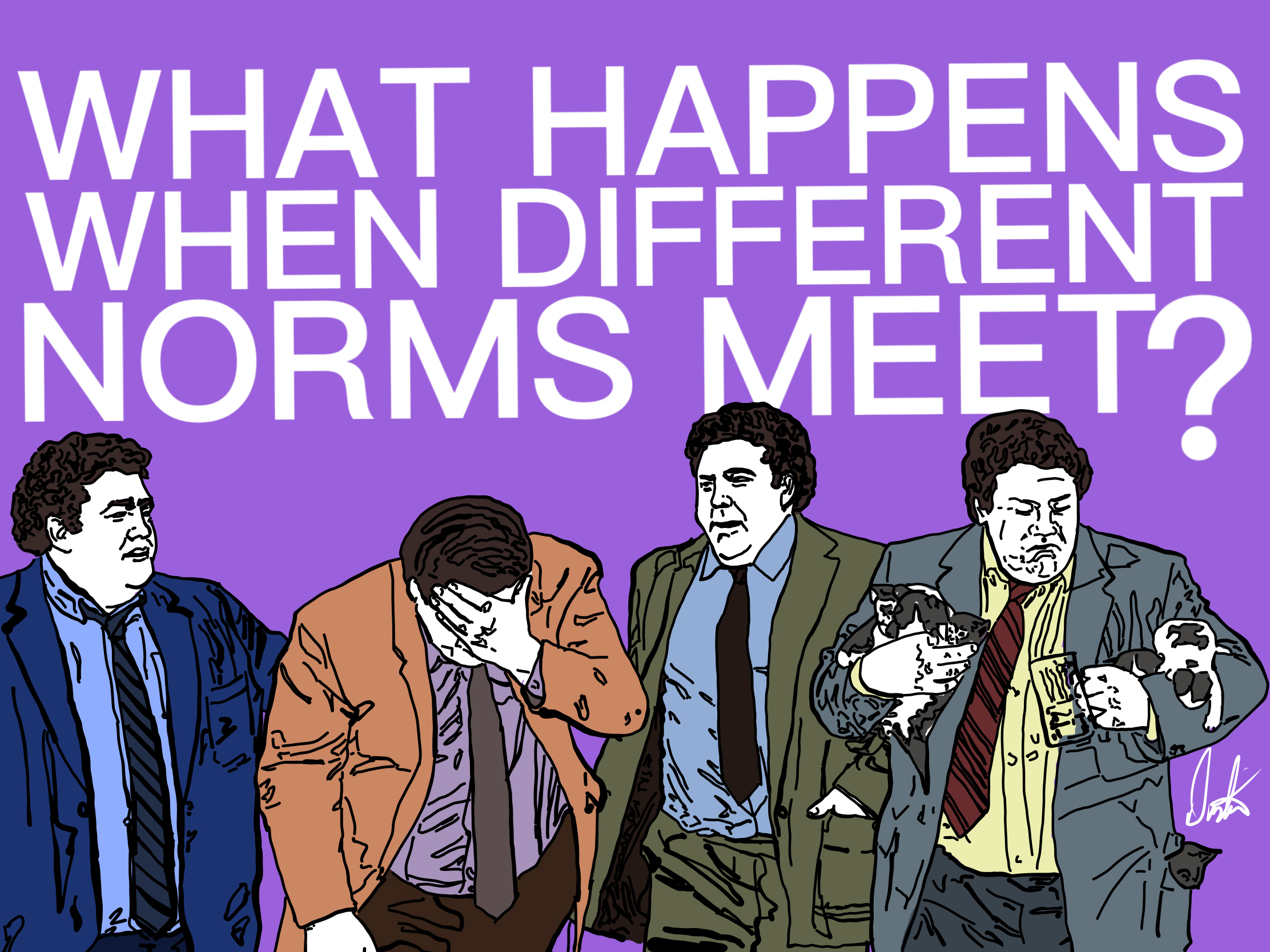Growing up, one of my favorite TV shows was Cheers. The program’s theme song was an anthem of sorts.
Sometimes you want to go
Where everybody knows your name,
And they’re always glad you came;
You want to be where you can see,
Our troubles are all the same;
You want to be where everybody knows your name.
One character in particular lived this out. When he walked into the bar, everyone greeted him, “Norm!” Everybody at Cheers literally knew his name. They always seemed to be glad he came. Norm would sit at the end of the bar and often mentioned he was avoiding his wife, Vera.
This was his escape.
The bar isn’t the community hangout of most people nowadays, but social media has become our escape. It’s where everybody knows our name (or handle, at least). We surround ourselves with people whose “troubles are all the same.”
And we have our norms.
Not Norm Peterson, but we have our cultural norms. We expect people in our circle to act and believe certain ways, because that is what people like us do.
But what happens when different social and cultural norms meet? I think two recent events highlight this questions.
The pandemic and the murder of George Floyd.
Individual perceptions and reactions to these events are stark and polarizing. We synthesized the information into different beliefs of “what people like us” should do. This has divided people of the same religion, race, political party, every demographic and psychographic into adversaries.
Why?
Because we see their norm (e.g. wearing or not wearing a mask, supporting or not supporting Black Lives Matter) and we interpret that into a belief about their character.
We see them as heartless.
We think they are brainwashed sheep.
We label them as ignorant.
We assume they are amoral. They are indifferent to the issue.
We assume they are immoral. They are evil.
We assume they are unmoral. Like an animal, they aren’t capable of moral values.
We forget they have a logical reason for their belief. This doesn’t mean they are right. Instead, this means they have followed a logical path to arrive at their belief.
This is where their norm enters the bar and they greet him, “Norm!”
Our Norm is familiar. We’re comfortable with him. We know his name and he knows ours. We’re glad to see him, because our troubles are all the same.
But when we meet different “Norms,” we are uncomfortable. Relating with them requires empathy, and that is hard work. It takes time. We won’t appreciate a differing worldview without effort and patience, which are both in short supply these days because “making your way in the world today takes everything you got.”
But maybe, just maybe, you’ll pause next time you start to discount another person’s beliefs. And you’ll look for their Norm. You’ll realize he gives them comfort and reminds them what “people like us” do. He affirms their logic and reinforces their conclusions.
Then you’ll remember you have a Norm as well. We all do.

